OpenAI CEO Sam Altman Sounds the Alarm on an Impending AI-Driven ‘Fraud Crisis’
During a recent wide-ranging interview at the Federal Reserve, OpenAI CEO Sam Altman issued a stark warning that the world is likely on the verge of a “fraud crisis.” The cause, he explained, is the rapid advancement of artificial intelligence, which is giving bad actors new and powerful tools to impersonate people. The audience, which included representatives from major US financial institutions, heard Altman’s specific concerns about outdated security practices. For a comprehensive look at his remarks, you can refer to the original article on CNN.
Altman expressed particular alarm over financial institutions that still rely on voice prints for authentication. “A thing that terrifies me is apparently there are still some financial institutions that will accept a voice print as authentication for you to move a lot of money or do something else — you say a challenge phrase, and they just do it,” he stated. He called this practice “a crazy thing to still be doing,” adding that “AI has fully defeated most of the ways that people authenticate currently, other than passwords.”
This appearance came at a crucial time, just ahead of the White House’s anticipated “AI Action Plan,” a document designed to regulate the technology and bolster America’s position in the AI space. OpenAI has been actively involved in the policy discussion, having provided recommendations for the plan and ramping up its presence around Capitol Hill in recent months. The company’s new Washington, DC, office, set to open early next year, will further house its government-focused workforce, as detailed in the source article at https://edition.cnn.com/2025/07/22/tech/openai-sam-altman-fraud-crisis.
The Realities of AI-Enabled Fraud
Altman’s anxiety about AI supercharging fraud is a sentiment shared by many. The FBI issued a warning last year about AI voice and video “cloning” scams. The article highlights multiple reports from parents who were targeted by scammers using AI to clone their children’s voices to extort money. Additionally, US officials recently raised an alarm after someone used AI to impersonate Secretary of State Marco Rubio’s voice, contacting foreign ministers, a US governor, and a member of Congress.
“I am very nervous that we have an impending, significant, impending fraud crisis,” Altman reiterated. He warned that while the current problem is largely limited to voice calls, it will soon extend to “a video or FaceTime that’s indistinguishable from reality.” While OpenAI itself is not building such tools, Altman is a backer of a tool called The Orb, created by Tools for Humanity, which aims to provide “proof of human” in a world where it’s becoming increasingly difficult to tell what, and who, is real online. The full context of these warnings and solutions can be found in the original article from CNN.
Beyond fraud, Altman also revealed what keeps him up at night: the idea of malevolent actors creating and misusing AI “superintelligence” before the rest of the world has developed defenses against it. He gave examples such as a US adversary using AI to attack the American power grid or create a bioweapon. This speaks to a growing concern in Washington about countries like China outpacing the US in AI technology. He also expressed worry about humans losing control of an AI superintelligence or ceding too much decision-making power to the technology.
Altman’s View on Jobs: ‘No One Knows’
On the topic of AI’s impact on the workforce, Altman’s perspective is less concerned than that of some other Silicon Valley leaders. While CEOs like Anthropic’s Dario Amodei and Amazon’s Andy Jassy have expressed worry about AI taking jobs, Altman’s take is that “no one knows what happens next.” He views the system as “too complex” and the technology as “too new and impactful” to make accurate predictions. For a more detailed comparison of these viewpoints, the source article is available at https://edition.cnn.com/2025/07/22/tech/openai-sam-altman-fraud-crisis.
Despite this uncertainty, Altman shared some thoughts on the future of work. He predicts that “entire classes of jobs will go away” but will be replaced by new types of work. He doubled down on his earlier prediction that in 100 years, future workers will not have what we currently consider to be “real jobs.” He painted a picture of a future where people have everything they need and make up jobs “to play a silly status game and to fill your time and to feel useful to other people.”
Coinciding with Altman’s speech, OpenAI released a report by its chief economist, Ronnie Chatterji, highlighting the productivity benefits of ChatGPT for workers. Chatterji, who served in the Biden White House, compared AI to revolutionary technologies like electricity and the transistor, noting that ChatGPT now has 500 million global users. According to the report, 20% of US users use it as a “personalized tutor” for “learning and upskilling,” with more than half of its American users being between the ages of 18 and 34, suggesting long-term economic benefits as this demographic continues to use AI in the workplace. This and other insights will be further studied by Chatterji and a team of economists in the new DC office. You can find more about these reports and Altman’s comments in the original report from CNN.
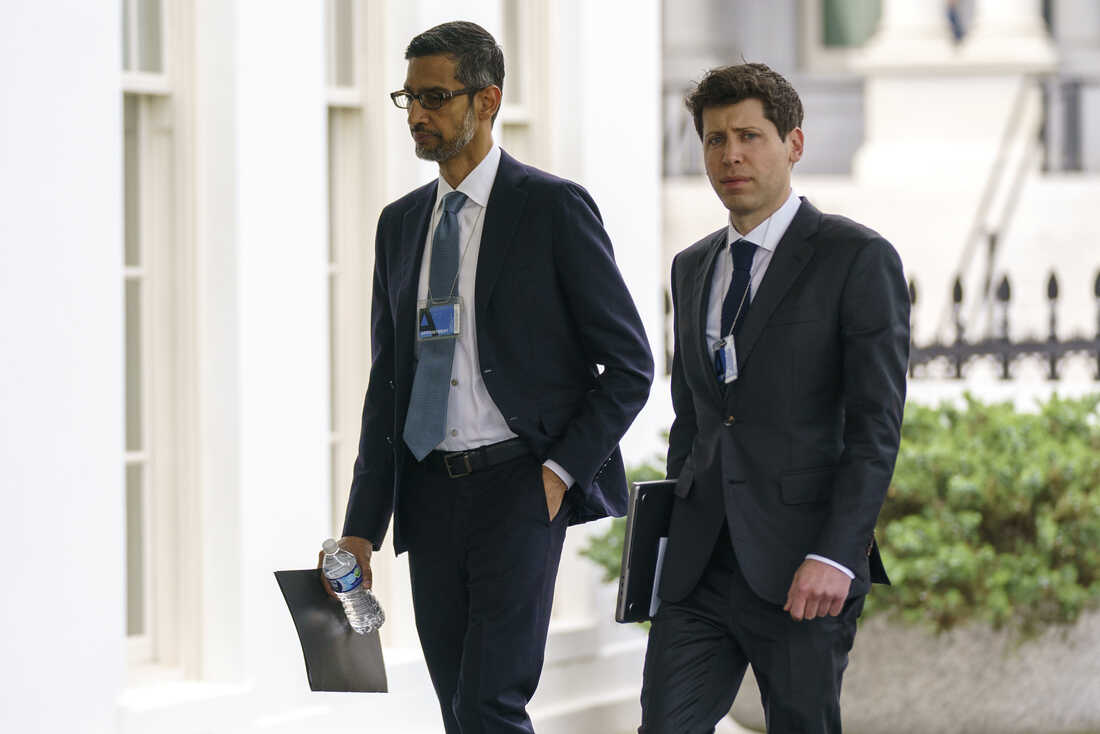
For more content on the latest AI news and developments, please visit our website, https://latestainews.ai/. If you have any questions or feedback, you can reach out to us through our contact page.
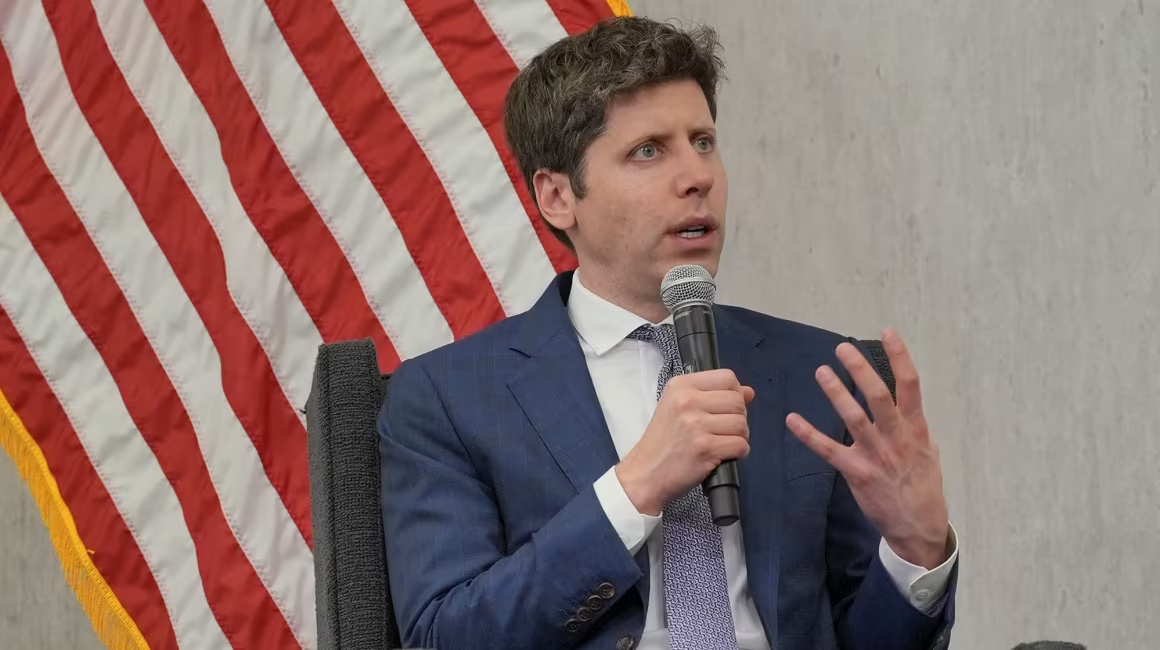
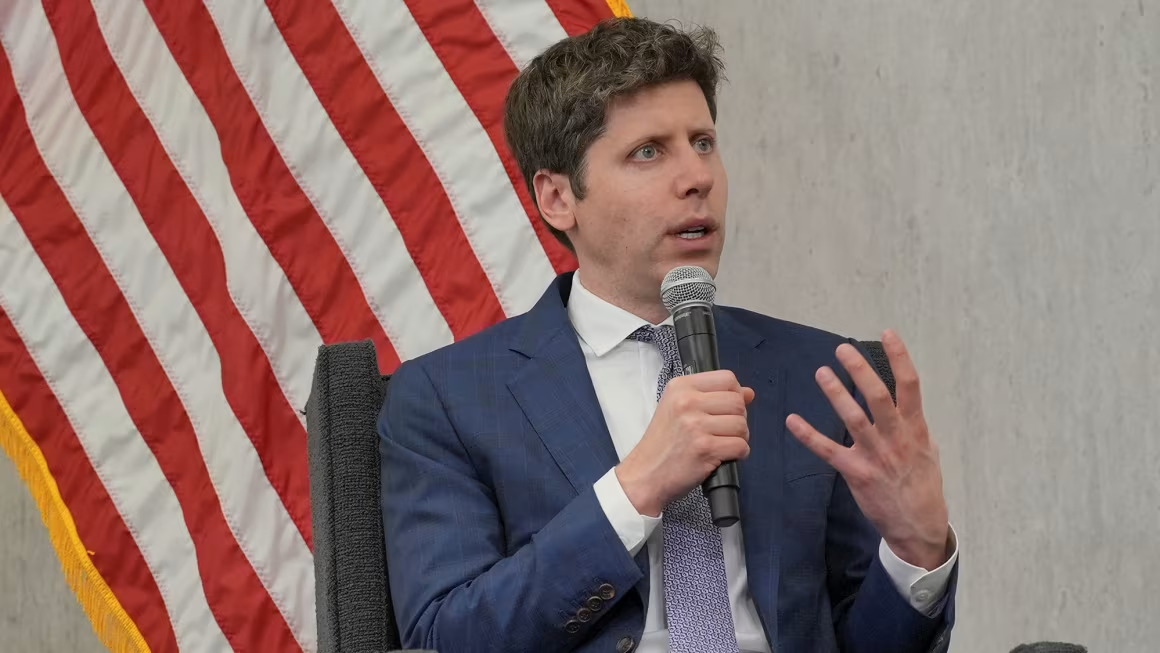
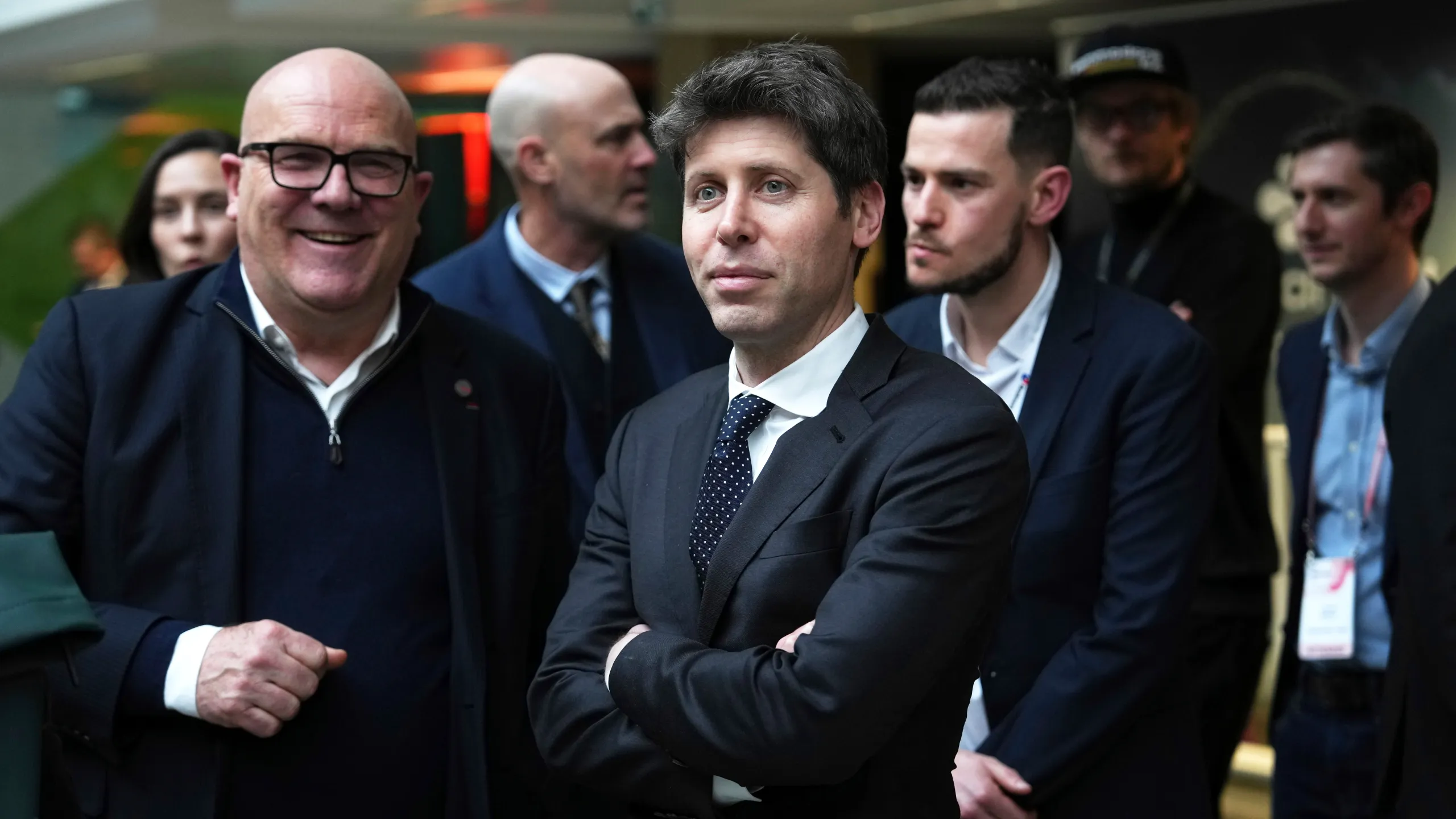
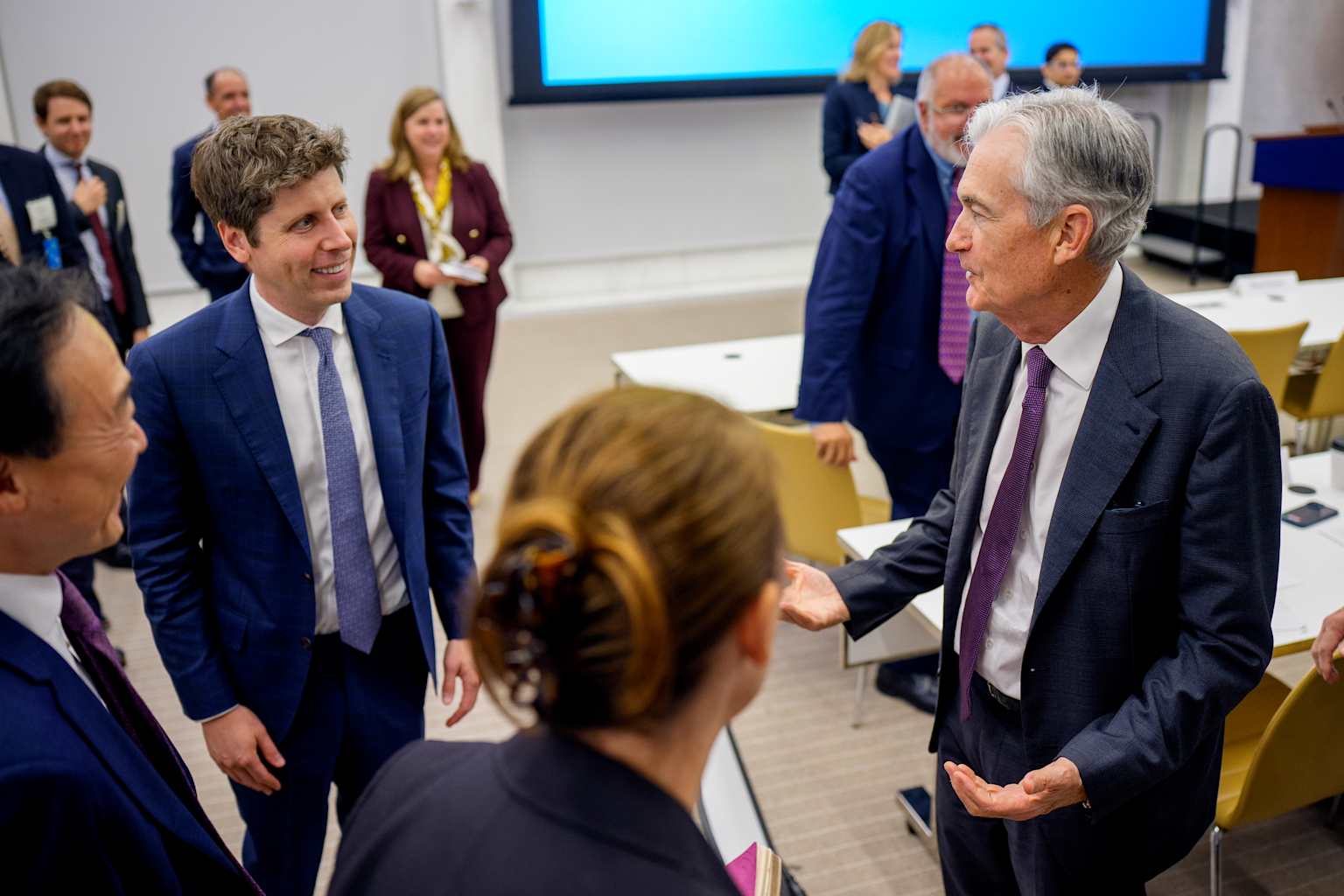

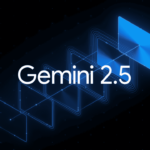




No Comment! Be the first one.